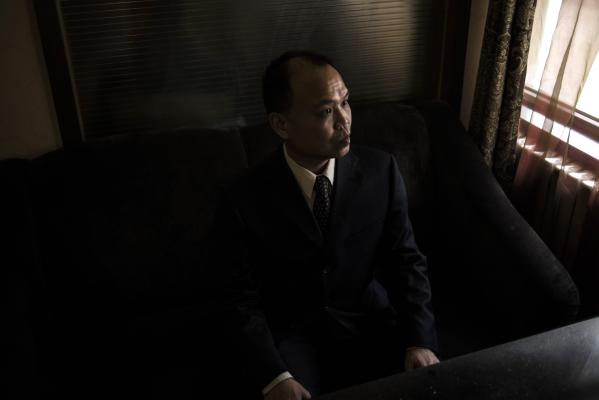It’s time for the American Bar Association to take action. ABA is the largest attorneys’ organization in the world’s most powerful democracy. Only last summer did the Chinese Communist Party regime launch a nationwide crackdown on human rights activists and attorneys, and thus it’s time for ABA to take this clear stand on the crackdown in defense of universal values and the rule of law. This thrive for law comes as a movement against corruption.
More than 300 people who dared to reveal their names publicly have been caught last July in the Communist Party’s dragnet with the known as “709 crackdown”, noting that it was named likewise in regard of the date it began. In addition to the aforementioned, it’s worth of mentioning that it is estimated that additional 2,000 to 3,000 people were harassed and even detained only because of having family connections with attorneys and activists. Detainment is not just merely a freedom deprive, but infact those detained can be subjected to coercion, beatings and torture, and are routinely denied access to lawyers.
Part of the ABA’s mission is to “hold governments accountable under law,” and to “increase public understanding of and respect for the rule of law, the legal process, and the role of the legal profession at home and throughout the world.”
There are fundamental realities that cannot be overlooked when it comes to China today: The party is an authoritarian regime that holds the nation captive to its interests; in an authoritarian system, there is no rule of law, though the party uses laws and regulations as tools to control the people as it sees fit; very few – if any – open, independent organizations are able to act outside of the control and scrutiny of the party.
It is feared by many in the international community that spotting the lights on law and raising human rights issues will anger the regime, endangering foreign access to China or to Chinese organizations. But in all cases, the party regime is currently more worried about international, open criticism than it lets on, and targeted, unified statements from the outside have an impact.
Currently, neither judges nor courts can work independently; this is the lawless environment in which human rights activists are working, and the treatment human rights lawyers who try to operate within the Chinese legal system face, thus the Central Committee has took the decision to make local courts more independent and to penalize officials for telling judges what to decide.
709 crackdown victims were denied the right to speak with their attorneys where the party also uses torture or threats to family members to force them to dismiss their attorneys. Many are forced to “confess crimes” via the party’s mouthpieces, such as CCTV or the Xinhua News Agency website. This not only violates the U.N.International Covenant on Civil and Political Rights, but it also violates China’s own criminal procedure law, which states that individuals cannot testify against themselves.
The Chinese people have turned to the law from the Tiananmen massacre to today, to push the regime into acting lawfully. But uselessly each time, the party has crushed its people with violence, revealing its authoritarianism. And since Xi Jinping came to office more than three years ago, the human rights situation has only continued to deteriorate.
It’s in the hands of people to make changes, despite these conditions; the Chinese people are fighting back. The regime now spends more on domestic security than it does on national defense, creating a constant undercurrent of fear. However the more people overcome their fear, change will come to China, and freedom and the rule of law will prevail.
